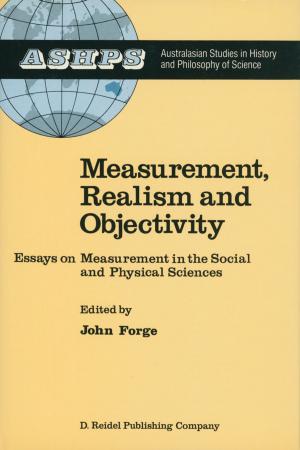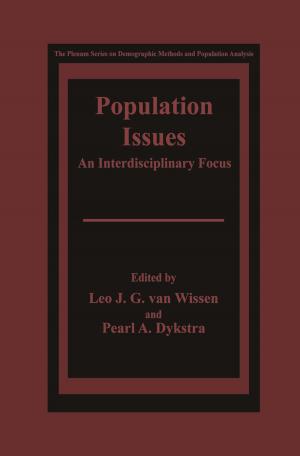The Politicization of Parenthood
Shifting private and public responsibilities in education and child rearing
Nonfiction, Social & Cultural Studies, Social Science, Social Work, Reference & Language, Education & Teaching, Educational Theory, Educational Reform| Author: | ISBN: | 9789400729728 | |
| Publisher: | Springer Netherlands | Publication: | February 29, 2012 |
| Imprint: | Springer | Language: | English |
| Author: | |
| ISBN: | 9789400729728 |
| Publisher: | Springer Netherlands |
| Publication: | February 29, 2012 |
| Imprint: | Springer |
| Language: | English |
Currently, families are being subjected to increasing public attention. Interest is focussing on their potential strengths and weaknesses in determining how well children do at school. Alongside such human-development oriented expectations, families are also becoming a focus of attention as a resource for human capital in times of economic crises and criticism of the welfare state. In many European countries, parents and children are at the forefront of the welfare state and socio-educational activities in current programs and policies. The current transformation processes in the welfare state are making the relationship between families and the state more dynamic in general, and they are structuring the discourses on the childrearing, education, and child care services in the fields of both public and private responsibility. The introduction of all-day schooling in Germany also has to be viewed in this context. This is gradually changing the traditional half-day structure of German schools and shifting the borders of public and private responsibility on the levels of education, child care, and childrearing institutions. The attention given to parental childrearing and educational responsibility within the context of current national and international debates clearly underlines the fact that issues in private life are increasingly entering the public discourse and becoming subject to attempts at socio-political control. This raises the assumption of an increasing politicization of parenthood in the (post) welfare state that is focusing more and more attention on the structural conditions of gainful employment and child care as well as on the current relations between the genders. This context particularly emphasizes the time and care regimes that decisively determine the practices in daily family life and the utilization of all-day education settings.
Currently, families are being subjected to increasing public attention. Interest is focussing on their potential strengths and weaknesses in determining how well children do at school. Alongside such human-development oriented expectations, families are also becoming a focus of attention as a resource for human capital in times of economic crises and criticism of the welfare state. In many European countries, parents and children are at the forefront of the welfare state and socio-educational activities in current programs and policies. The current transformation processes in the welfare state are making the relationship between families and the state more dynamic in general, and they are structuring the discourses on the childrearing, education, and child care services in the fields of both public and private responsibility. The introduction of all-day schooling in Germany also has to be viewed in this context. This is gradually changing the traditional half-day structure of German schools and shifting the borders of public and private responsibility on the levels of education, child care, and childrearing institutions. The attention given to parental childrearing and educational responsibility within the context of current national and international debates clearly underlines the fact that issues in private life are increasingly entering the public discourse and becoming subject to attempts at socio-political control. This raises the assumption of an increasing politicization of parenthood in the (post) welfare state that is focusing more and more attention on the structural conditions of gainful employment and child care as well as on the current relations between the genders. This context particularly emphasizes the time and care regimes that decisively determine the practices in daily family life and the utilization of all-day education settings.















![Cover of the book Soviet Russian Dialectical Materialism [Diamat] by](https://www.kuoky.com/images/2012/december/300x300/9789401036290-ENxx_300x.jpg)